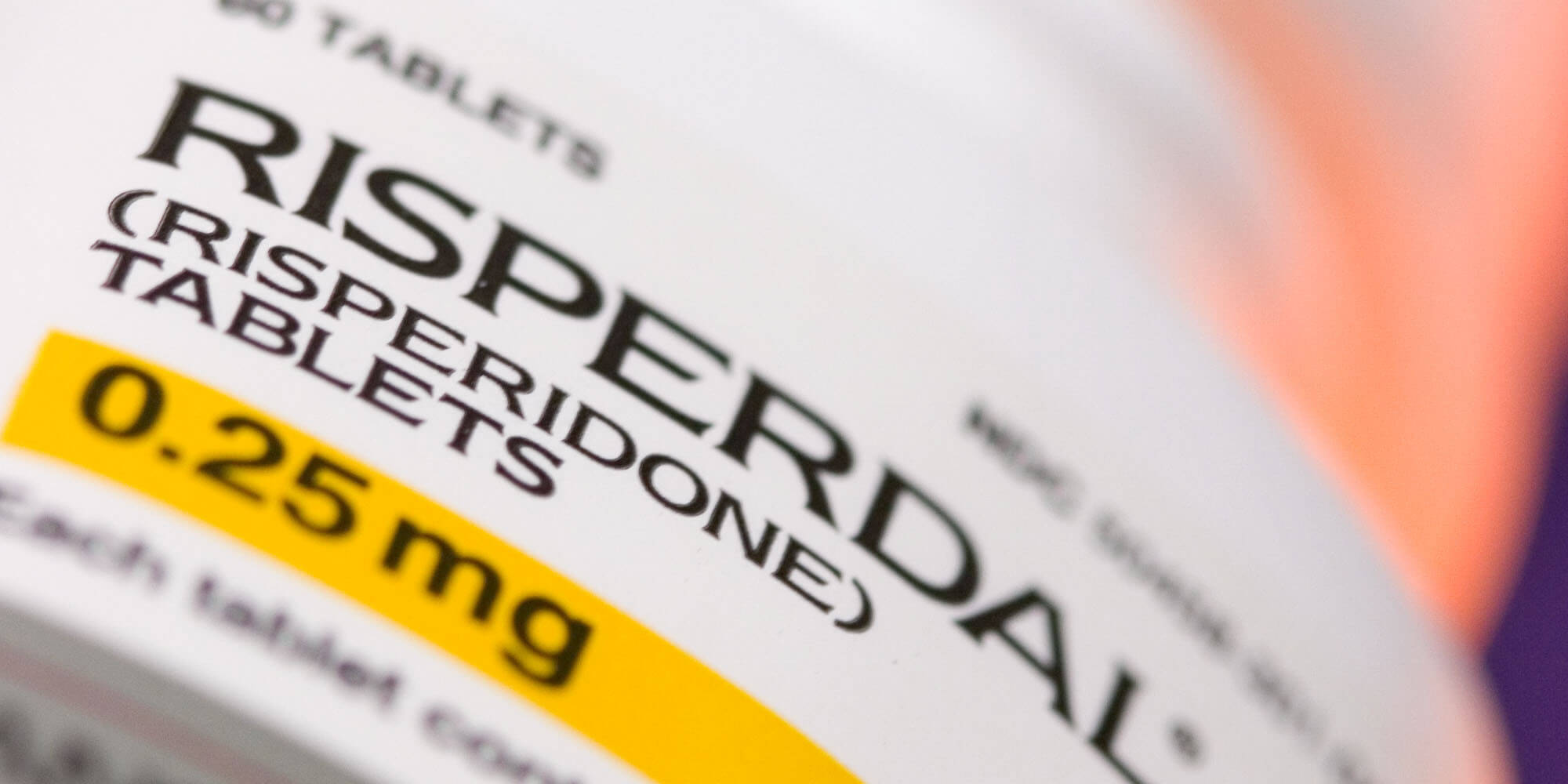The sixth Risperdal case to go to trial in the Philadelphia mass tort program against manufacturers Janssen Pharmaceuticals and Johnson & Johnson (J&J) has come to an abrupt end just 11 days into the trial. Earlier this week, Philadelphia Court of Common Pleas Judge Sean Kennedy dismissed the case.
Judge Kennedy tossed the case because he believed the plaintiff failed to establish causation between the antipsychotic Risperdal and the growth of female breast tissue, called gynecomastia. The plaintiff relied on the expert testimony of Dr. Mark P. Solomon, who has testified in nearly all previous Risperdal cases. Judge Kennedy determined that Dr. Solomon’s testimony was “legally insufficient,” and therefore dismissed the case.
This came as a shock to both sides, as Dr. Solomon’s testimony proved quite sufficient in other trials, including one this past summer resulting in a $70 million verdict for the plaintiff. Lawyers for the plaintiff stated they are confident the ruling will be reversed on appeal and the trial will resume in the future.
Despite this ruling to dismiss one case, Janssen and J&J are not out of the woods yet. According to a recent filing with the SEC, the companies are facing over 15,400 Risperdal lawsuits, over 2,000 of which are pending in the Philadelphia mass tort program.
Despite settling a handful of Risperdal lawsuits, including one just last month, the companies have made it clear they intend to fight Risperdal claims, despite a poor track record. Of the six Risperdal cases to go to trial in the Philadelphia mass tort program, four resulted in a win for the plaintiffs and awarded them massive damages.
The Risperdal litigation is far from over for the companies, and their approach of individually fighting each lawsuit doesn’t seem like a sustainable long-term strategy. More Risperdal trials in the new year could cause J&J and Janssen to reach their breaking point.

